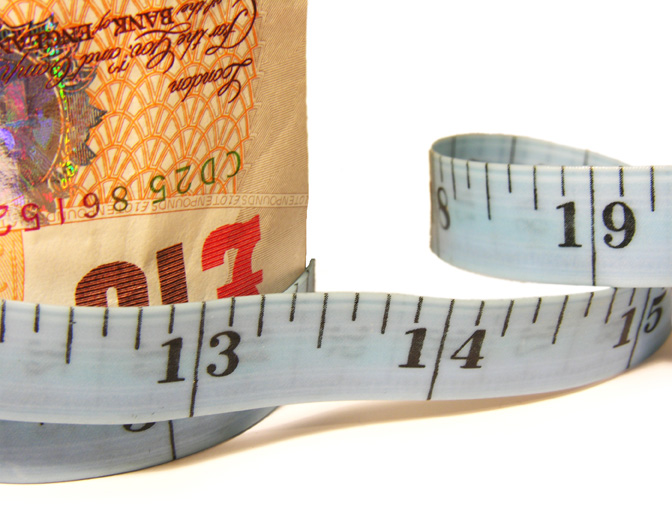Household Bills
Four things hidden in the Budget small-print

Holidays and driving a polluting car will cost more due to policies in the full Budget documents.
The official Budget document is longer and more detailed than the chancellor’s speech on Wednesday – and include some policies Rishi Sunak didn’t announce in the House of Commons.
Here’s what’s buried away in the 107-page document.
Air passenger duty will go up
Air passenger duty (APD) rates on long-haul rates will increase in line with RPI from April 2022.
The rates for long-haul economy flights from the UK will increase by £2, and the rates for those travelling in premium economy, business and first class will increase by £5.
Those travelling long-haul by private jets will see the rate increase by £13.
So, a family of four going long-haul in economy will pay an extra £8. However, ADP doesn’t apply to flights back to the UK, or for children under the age of 16.
APD rates on short-haul flights will remain frozen.
Vehicle excise duty
Vehicle excise duty (VED) or ‘car tax’ will remain at £0 for electric cars and is unchanged for the least polluting vehicles – but it’s rising for everyone else.
The government will uprate VED rates for cars, vans and motorcycles in line with RPI from 1 April 2021.
For petrol and diesel cars, the tax will rise to £155 a year. Drivers of ‘premium cars’ costing more than £40,000 will rise to an eye watering £335 a year for the first five years of ownership.
First year rates are also increasing. Owners of cars that produce between 76g/km and 170g/km of carbon dioxide will see their bills rise by £5, while people with cars in the 171g/km to 190g/km range will see a £25 rise.
There’s a £30 rise for people with cars producing 191g/km to 225g/km, £40 for 226g/km to 255g/km vehicles, and a £70 increase for everything above that.
No interest loans for low income households
The government will trial a no-interest loan scheme to help low-income households pay off debts.
It’s put aside £3.8m for the pilot programme, aimed to stop vulnerable Brits from falling further into debt.
The government says the short-term loans would be handed out to help cover any unexpected costs, such as falling behind on rent due to a loss of income. The idea is to stop people turned away from high street lenders being forced to take out high-cost credit.
Universal Credit minimum income floor suspension extended
The minimum income floor is basically an assumed level of earnings. When calculating how much Universal Credit a self-employed claimant receives, the Department for Work and Pensions (DWP) assumes they earn at least roughly minimum wage.
Without the floor in place, those earning less than that level are assessed on actual income – so get a higher payment.
In March 2020 when the pandemic begun, the government suspended the minimum income floor.
It was due to reinstated from April 2021, but the Budget documents say it won’t come back until August 2021. Department for Work and Pensions coaches will then be given discretion to not apply it on an individual basis.